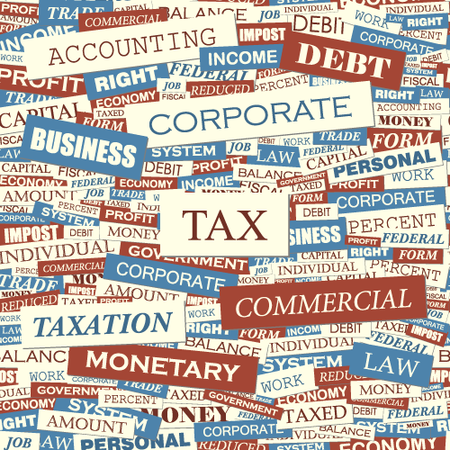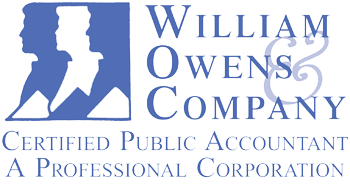
It is crucial to understand your small business’s tax responsibilities, and there are real risks if you do not. Mismanagement of your tax obligations can ultimately lead to liens, bank levies, collections and wage garnishments, just to name a few of the potential risks. A tax lien, and the collection process it entails, can damage your credit and force you to work through many obstacles and headaches, including the task of requesting a certificate of release. It can also adversely affect your chances of obtaining financing for your business. Simply put, an I.R.S. tax lien means putting your business at the increased risk of failure.
Do Certain Types of Businesses Have More Risk?
Many wonder if certain types of businesses--i.e. specific industries, business structures, number of employees, revenues of business-- are more likely than others to be at greater risk because their tax liability is more complicated and difficult to decipher.
However, greater complication doesn’t always mean greater risk.
In general, the larger a business is in terms of revenue the more sophisticated it should be in terms of implementing policies, procedures, and internal accounting controls that should reduce the risk of not understanding its tax liability--but not always. The opposite would be expected to be true the smaller a business is in terms of revenue. Smaller businesses tend to be more fixated on developing more business and "surviving."
Some businesses even have different classes of employees. For example, an employee working the graveyard shift might be paid different rates than another employee performing the same task who is working a normal 8 to 5 shift. This risk can be managed in part, however, by engaging an outside service bureau specializing in processing the payroll of clients, as discussed below.
Important Federal Tax Exposures and the Question of Independent Contractors and Employees
The I.R.S. is responsible for collecting employment taxes, which includes federal income tax and unemployment insurance. The classification of independent contractor or employee has a significant impact on the amount of money concerning these types of taxes.
The I.R.S. periodically conduct audits of businesses to ensure that workers are properly classified as either independent contractors or employees. In the event of such an audit the burden of proving that a "worker" is an independent contractor, and not an employee, rests on the shoulders of the employer.
Over the years, courts have identified on a case-by-case basis various facts or factors that are relevant in determining whether an employer-employee relationship exists. In 1987, based on an examination of cases and rulings, the I.R.S. developed a list of 20 factors that may be examined in determining whether an employer-employee relationship exists.
Unfortunately, there's a lot of "wiggle room" involved with applying the 20-factor test, so it is advisable to seek the assistance of an experienced tax attorney in order to obtain a more objective viewpoint of the particular circumstances at hand.
Common Mistakes that Business Owners Make
The following issues outline some of the most common errors that business owners make as they attempt to manage their tax responsibilities:
- Income tax
Filing your tax return after the mandated filing due date: a penalty can be imposed for failing to file a tax return by the required due date. This penalty is imposed in addition to the penalty and interest imposed for failing to pay the taxes you owe.
- Estimated tax
Estimated tax is used to pay both income tax and self-employment tax, as well as other taxes and amounts reported on your tax return. If you do not pay enough by the due date of each payment period you may be charged a penalty even if you are due a refund when you file your tax return.
- Self-employment tax
Being "self-employed" does not mean carrying a regular full-time business. A part-time business (for example fixing bicycles in your garage) in addition to your regular job or business may also qualify as being self-employed.
- Employment tax
Federal and State withholding taxes are employment taxes deducted from employees' gross pay to arrive at the employees' net pay. The withheld taxes are the property of and belong to the employee. In some cases, employers will "borrow" (for whatever purpose), rather than remit to the taxing authority, these Federal and State withholding taxes. Employers can be found personally liable for withholding taxes actually withheld from employees' paychecks that are not remitted to the taxing authority.
Final Thought: Establish a Routine and Plan Ahead with Projections
The businesses that successfully navigate their tax responsibilities are the ones that implement a routine of "tax planning." Get a head start on the process by doing income and expense projections so that you can budget for your inevitable income tax liability and avoid any unpleasant surprises.
